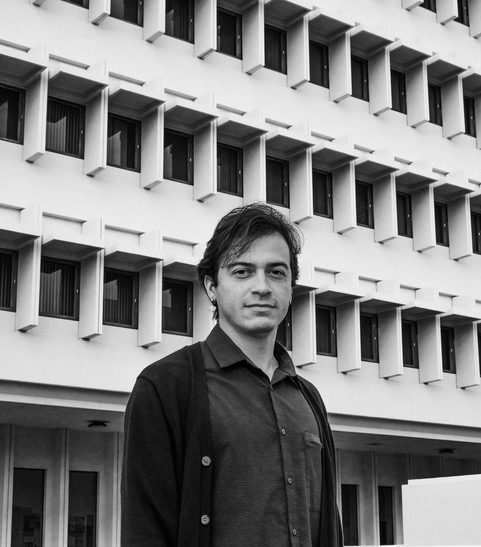
I am currently a Juan de la Cierva Postdoctoral Fellow at LOGOS, Universidad de Barcelona. I am also a Research Associate at the African Centre for Epistemology and Philosophy of Science, University of Johannesburg. Until recently, I was a postdoc at COGITO Epistemology Research Centre, University of Glasgow.
I work in epistemology and have side research interests at the intersection of epistemology and moral responsibility. My current research covers various subfields of epistemology, including social epistemology. One focus is the epistemology of ignorance, where I develop strategies to explain ignorance as inherently agential. My interest in epistemic agency has led me to be interested in epistemic nudges and epistemically suboptimal forms of persuasion. As a UC Irvine alumnus, it is no surprise that I also have an interest in Wittgensteinian hinge epistemology.
I did a PhD as a Fulbright scholar in the Department of Philosophy at the University of California, Irvine. Before that, I completed an MA in Philosophy at Univerdad de los Andes (Bogotá, Colombia) and before that I received a BA in Philosophy from the Universidad de Antioquia (Medellín, Colombia).
You can email me here: oaDOTpiedrahitaATgmailDOTcom